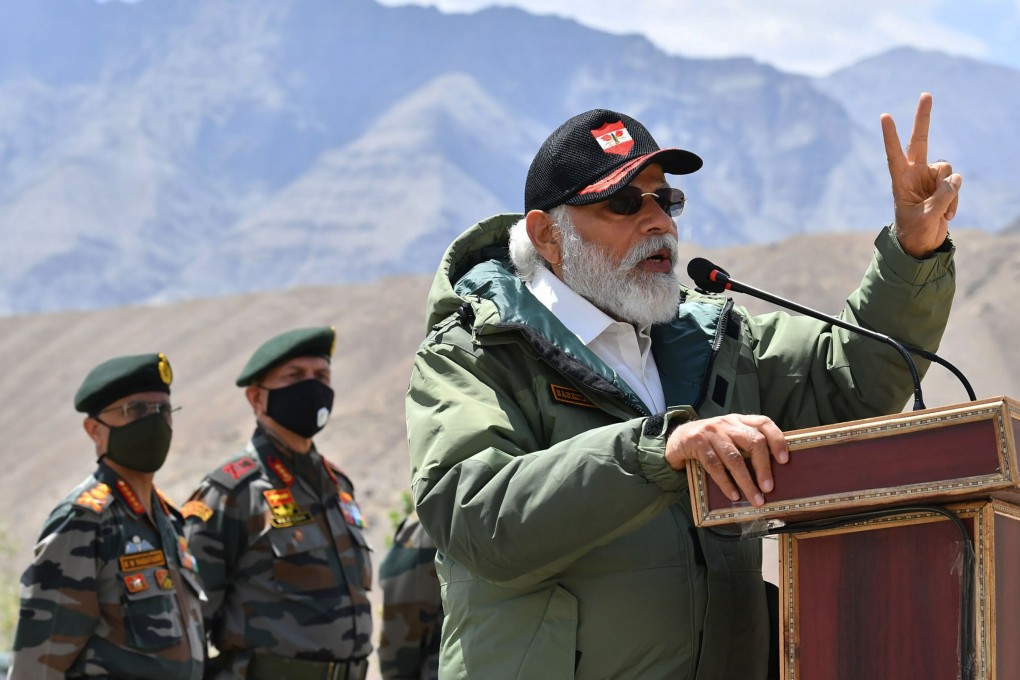Explainer | China-India tensions: will New Delhi play the Taiwan and Tibet card in its face off with Beijing?
- First there was a deadly clash in the Himalayas, then New Delhi set its sights on TikTok. Are Taiwan and Tibet next on India’s agenda with China?
- Border dispute means New Delhi no longer needs to hold off on diplomatic relationship out of fear of upsetting Beijing, observers say

The policy, which asserts that both mainland China and Taiwan are parts of the same sovereign nation, is seen by Beijing as the bedrock of its diplomatic relationships and even the suggestion New Delhi may be rethinking its commitment would be a significant raising of the stakes between the two.
Analysts say it would be too much of a foreign policy aberration for India to change its position on the one-China policy. But New Delhi could subtly challenge it by stepping up ties with the Taiwanese leadership and the Tibetan community, they add.
BR Deepak, Professor of China and Chinese Studies at New Delhi’s Jawaharlal Nehru University (JNU) said: “I don’t think India will discard its One-China policy. However, India has made it categorical that it will not put it in joint declarations and statements as before.”
